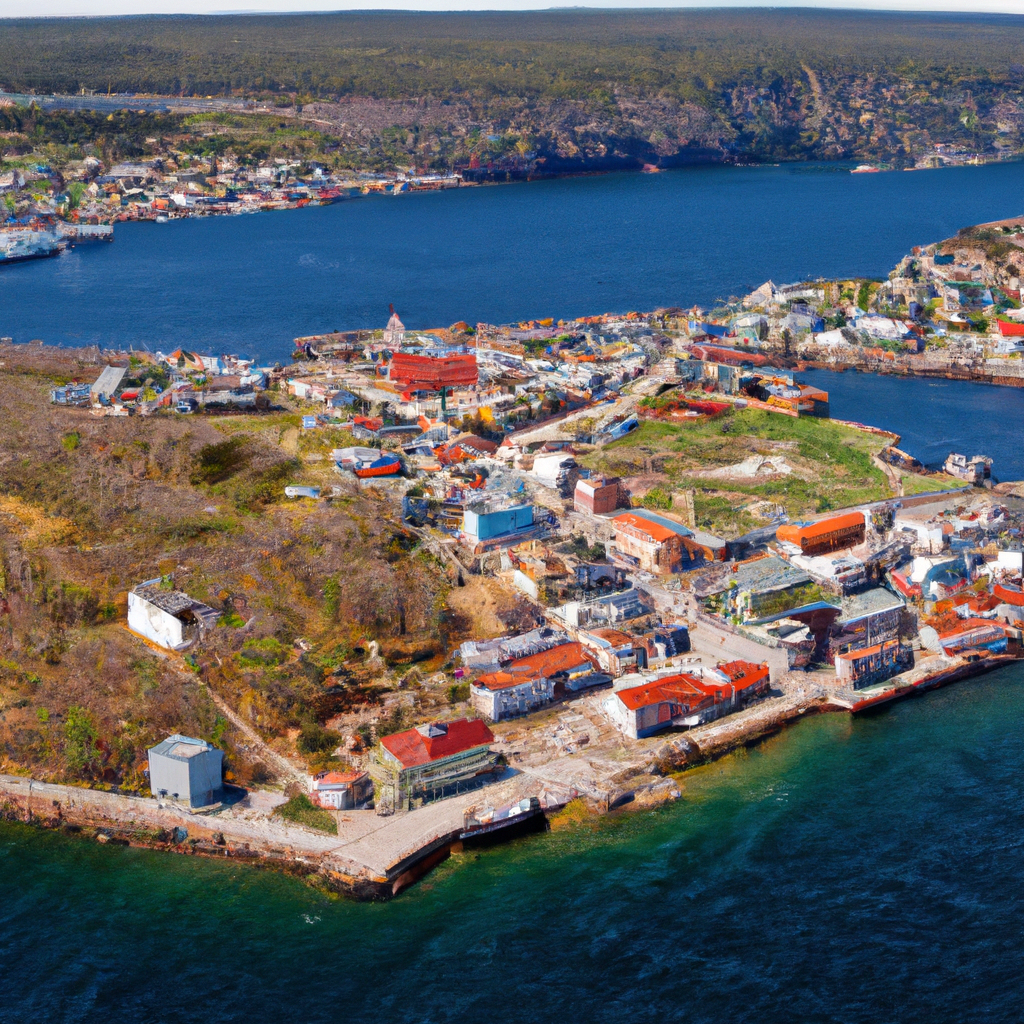As an island rich in natural beauty and cultural heritage, Cape Breton has long been a cherished destination not just for travelers but also for those looking to invest in property. Whether you’re considering a vacation home, a permanent residence, or an investment opportunity, understanding the dynamics of Cape Breton’s property market is crucial. This article delves into the current trends, pricing, and what potential buyers and investors can expect when entering this unique market.
Current Market Trends in Cape Breton
The real estate market in Cape Breton has seen varied trends over the past few years, characterized by a steady demand in some areas while others are just beginning to catch the attention of buyers. The appeal of remote working conditions has also seen a new influx of interest in the region, as more individuals seek properties that offer both comfort and scenic beauty. This shift has led to a competitive market in popular areas such as Baddeck, known for its picturesque settings and proximity to the Bras d’Or Lake, and Sydney, the island’s largest urban center.
What Are the Average Property Prices?
Property prices in Cape Breton can vary significantly based on location, property type, and proximity to amenities. As of the latest market reports, average prices for residential homes range from CAD 200,000 to 350,000. Waterfront properties, as expected, fetch a premium, with prices often exceeding CAD 500,000 depending on the size and exact location. For those interested in larger estates or commercial properties, the prices can be considerably higher, reflecting the value of larger land areas and developed facilities.
Investment Opportunities in Cape Breton
The investment potential in Cape Breton’s real estate market is promising, thanks to its growing popularity as a tourist destination and its burgeoning local economy. The region’s focus on sustainable development and community-driven initiatives makes it attractive for long-term investments. Moreover, the island’s commitment to preserving its natural landscapes and cultural identity adds to its appeal, potentially increasing property values over time.
For those considering investment properties, areas around the Cabot Trail, known for their stunning views and tourist footfall, might offer profitable opportunities, especially in the hospitality sector. Residential and mixed-use developments in and around Sydney can also provide good returns, given the city’s role as a hub for business and education in the region.
Challenges and Considerations
While the prospects are enticing, there are several considerations potential buyers should take into account. The seasonal nature of Cape Breton can mean fluctuating tourist numbers, which could impact rental incomes from vacation properties. Additionally, some rural areas might lack immediate access to services and amenities, which could be a drawback for some buyers. It’s also advisable to be aware of zoning laws and potential development restrictions, particularly in environmentally sensitive areas.
Conclusion
Cape Breton’s property market offers a range of opportunities for those looking to invest in a piece of this unique island. From breathtaking waterfront homes to commercial properties with potential for returns, the market is ripe with possibilities. However, like any property investment, it is imperative to conduct thorough research and possibly seek local expertise to navigate the market effectively. With the right approach, investing in Cape Breton’s real estate can be a rewarding venture.
Whether you’re drawn by its natural beauty or the robust cultural scene, Cape Breton’s real estate market is welcoming new investors and homeowners with open arms. Understanding the market trends, pricing, and potential challenges will equip you with the knowledge needed to make informed decisions in this vibrant property market.


